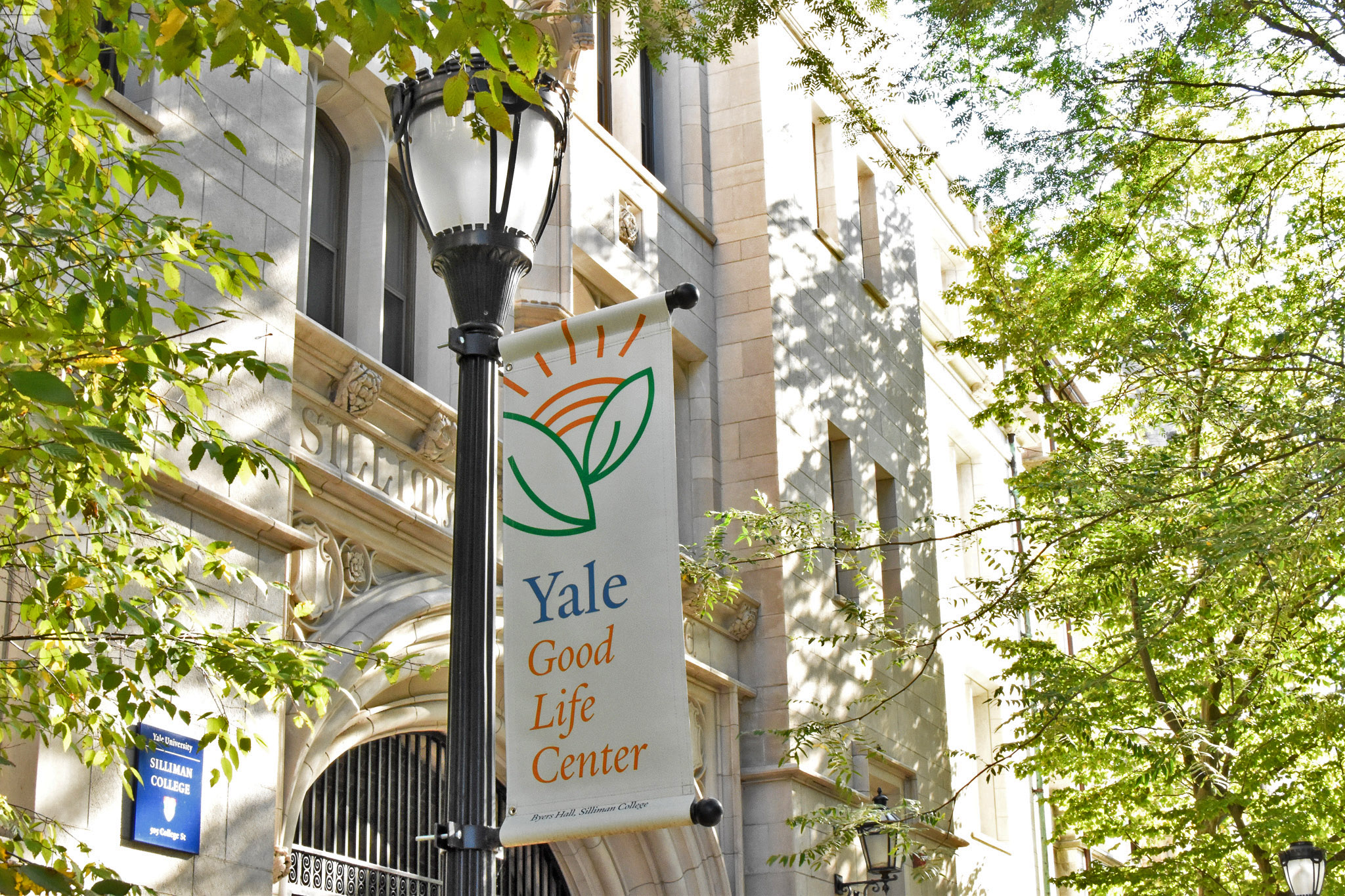
Karen Lin, Contributing Photographer
Editor’s note: This article was written in conjunction with the latest episode from “Full Disclosure,” a Yale Daily News podcast that features uncomfortable conversations on campus. The episode titled “Piece of Mind: Faculty and Students on Yale’s Mental Health Culture” discusses mental health on Yale’s campus, drawing upon the expertise of mental health professionals as well as the experiences of current and past Yale students.
From the COVID-19 pandemic to the general election, 2020 has been filled with stressors that impact mental health — but resources are available to students.
According to director of Yale Mental Health and Counseling Paul Hoffman, more Yale students have received mental health treatment now than in past years due to the effects of the pandemic.
“There’s something about the universal experience of COVID that I think for some students, provided a reason to seek treatment,” said Hoffman. “I think because it felt like something the world was in together, it was not their own unique personal struggle.”
Professor of psychology and head of Silliman College Laurie Santos agreed that COVID-19 is peculiar in the sense that for many students, friends who could otherwise provide emotional support are also going through a difficult time due to the coronavirus. This, in turn, has increased the number of students who have taken advantage of mental health resources — a result of both the pandemic and of other stressors such as the upcoming election, Santos added.
Hoffman explained that the pandemic provided a means of justification for Yale students to seek mental health resources because it has allowed them to see that everyone is going through a universal experience.
While in the beginning of the semester physical safety and social distancing seemed to be the main focus of the University, there are subtle ways that Yale informally encourages students to seek help with mental health, according to Hoffman.
“This kind of goes down to FroCos, FroCo training, the heads, the deans of the colleges, and I think also word of mouth,” Hoffman explained. “So, I think there really is a lot of talk about mental health and a lot of encouragement for seeking services, but it’s not always on the University side of things sometimes. It’s really in the personal relationships that people have with people and the support Yale offers its students, often through the structure of the residential colleges.”
Former Yale College Council President Kahlil Greene ’21 told the News that Yale’s campus has an overall open, supportive culture surrounding mental health. He added that more conversation, whether it be in passing or in a more personal setting, aids in the destigmatization of seeking help for mental health.
YCC President Aliesa Bahri ’22 hopes to see more LGBTQ+ clinicians, clinicians of color, more residential college-based resources and shorter wait times for these services. She added that this year, she will oversee a mental health chair on the YCC Executive Board.
“My election and its aftermath naturally took a toll on my mental health,” Bahri wrote. “The following week, I took advantage of Mental Health and Counseling’s same day appointment program for which I am very grateful, and I encourage my peers to seek out similar resources because health should always come first!”
Others say that it is important for students to realize that they can — and should — request mental health help if they need it.
According to Mohit Sani ’20, former director of Walden Peer Counseling, there is a common belief among Yale students that therapy is exclusively for people with “real problems.” He added that this rhetoric creates an arbitrary barrier to seeking therapy.
Sani likened this phenomenon to one particular attitude towards homophobia — a “not in my house” type of belief where someone will say that being gay is acceptable, just not within that person’s own household.
“There’s like a ‘not in my house’ type of homophobia that I think we’re all familiar with,” Sani explained. “People are okay with other people having mental health issues but feel differently about themselves.”
The barriers to getting help for mental health are strengthened due to both intrapersonal expectations and the already difficult nature of mental health illnesses, according to Santos. For instance, she explained that illnesses such as depression can make it seem like the feeling will last forever, which makes it much more difficult to seek help.
Sarah Lowe, assistant professor of social and behavioral sciences at the Yale School of Public Health, explained that the preferences to take care of mental illness oneself or through some other means such as religion are the most prevalent in trauma survivors.
However, according to Lowe, it is okay to draw on already established coping mechanisms — but it helps to acknowledge that extra resources are available.
Mental health resources available to Yale students include Yale Mental Health and Counseling, Walden Peer Counseling, Mental Health Fellows and the SHARE Center.
Alyssa Michel | alyssa.michel@yale.edu







